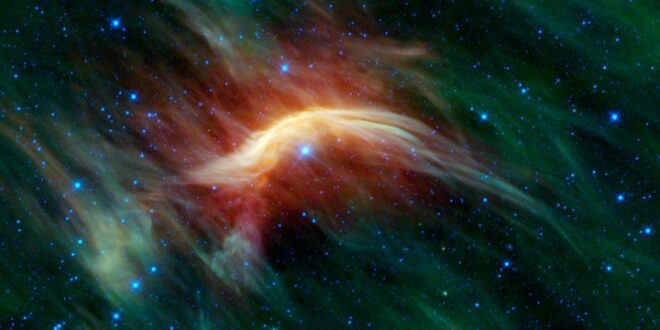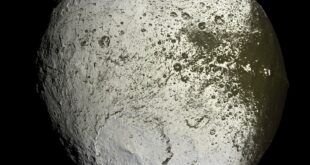Exploring the Secrets of Our Universe: Top 10 Ideas for Interstellar Exploration
Ever since humans developed an interest in outer space and the universe, they have been exploring the depths of the cosmos. From fascinating celestial objects to mysterious planets and even black holes, the universe continues to amaze us with its boundless potential for discovery.
Despite already having sent numerous probes and manned missions to our own solar system, we are only just starting to scratch the surface of what the universe has to offer. Here, we present the top 10 ideas for interstellar exploration.
1. Search for Signs of Extraterrestrial Life
One of the biggest questions humans has always asked is, “Are we alone in the universe?” Numerous space explorers have been deployed over the years to search for clues or hints indicating that there’s life beyond our planet. The efforts still go on, with improved technology and research managed by various space organizations.
2. Find New Habitats
Leading off from the last point, in exploring beyond our solar system, it is interesting to extend searches to far-off space and other celestial objects where unsuspected habitats could be available. Many space-oriented groups have linked these anticipations to offer finding secondary Earths in expanding the human personage in the quest for destination.
3. Interstellar Communication
Establishing contact with alien life forms and interplanetary communications have been hot topics in the scientific community for decades. Exploring and investigating this arena can determine the scope for furthering long-term avenues for exploring systems beyond our solar system.
4. Formation of Stars and Intergalactic Objects
Studying the formation of stars and other galaxies within being interstellar objects is a much sought after field of study targeting the interaction of such distant objects. Studying their components as they develop further would undoubtedly add pages in the wealth of knowledge associated with the universe.
5. Examining Gravitational Waves
Albert Einstein proposed the theory of gravitational waves, offering the aspect that these energy-packed vibrations could tap space exploration matters. These waves form from events that could disable enable huge blasts in the process itself.
6. The Kinematics of the Universe
Utilizing telescopes and computing power, astrologists study elements of the universe in terms of energy work as it helps lines newly calculated grids, marking the specifics needed for paths during interstellar exploration.
7. The Distribution and Motion of Dark Matter
How dark matter is distributed and impacted as from studies yet untold resulting in dark energy exerting an expanding pressure across space. Scientists have confirmed the probabilities of dark energy existence trough supernova explosions, forming the vast kingdoms of mass.
8. Gravity-Assisted Space Downside
Space explorers hinge deals available to enable their craft to be supplied the propulsion mechanism to move through great speeds requiring objective specific gravity downscaling.
9. Relativity and the Integrity of the Universe
Einstein nailed the world with the theory of relativity, but such a far-stretching concept can transform while studying integral aspects of other celestial systems up for exploration cover, forming additional concepts and providing a better understanding of Space relations.
10. Utilizing Robust Explorers
Media productions have played a significant role in predicting how space travels work, but several experts propose additional explorers that take plenty of cargo expanse missing distances commanded for a more inclusive investigating means.
In conclusion, great strides have been made elsewhere in terms of interstellar exploration. However, today’s developments offer advancements to the research, which will deliver an abundance of critical concepts or knowledge. Exploration and honest scrutiny will boost, bracing more knowledge pertaining to principles or concepts held true, resulting in untainted success already in evidential facets of the universal discovery process.
 Mind Uncharted Explore. Discover. Learn.
Mind Uncharted Explore. Discover. Learn.



